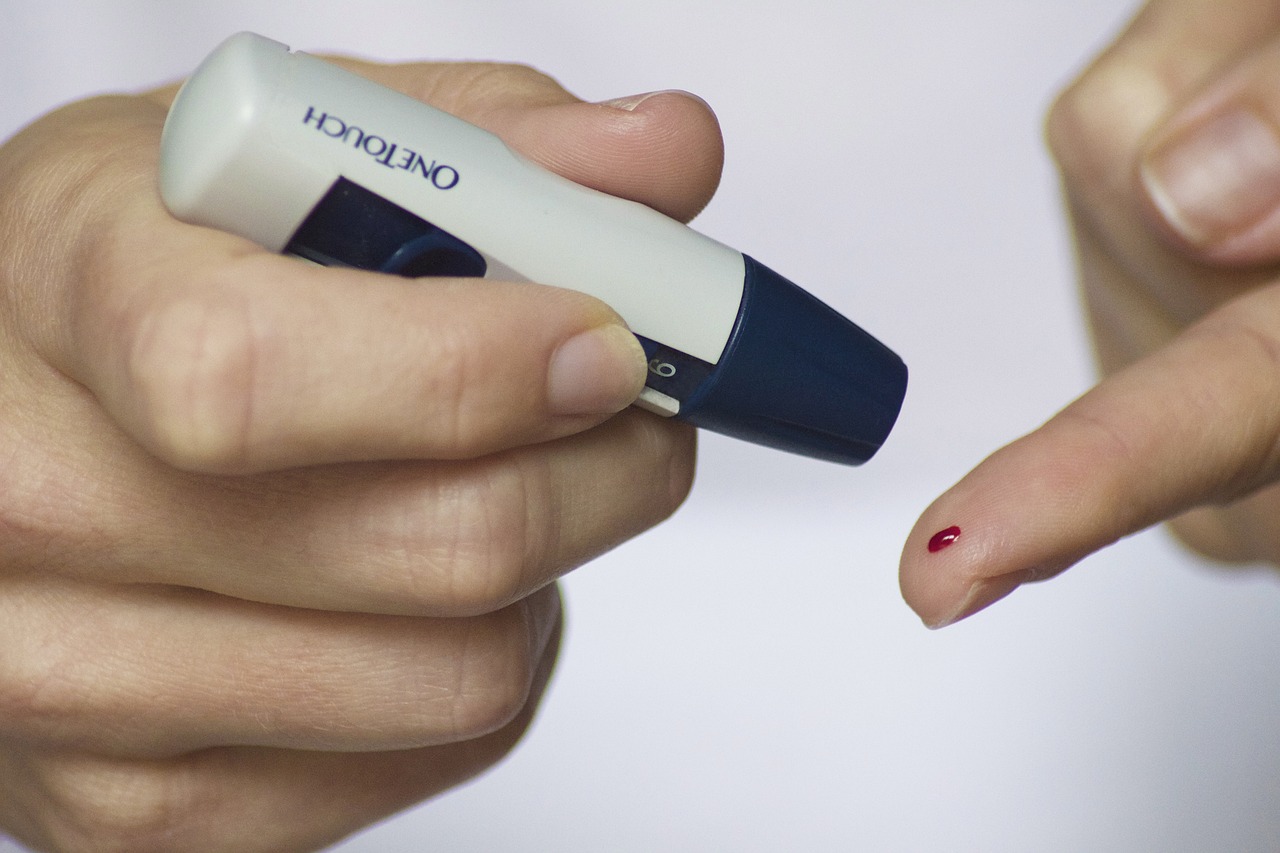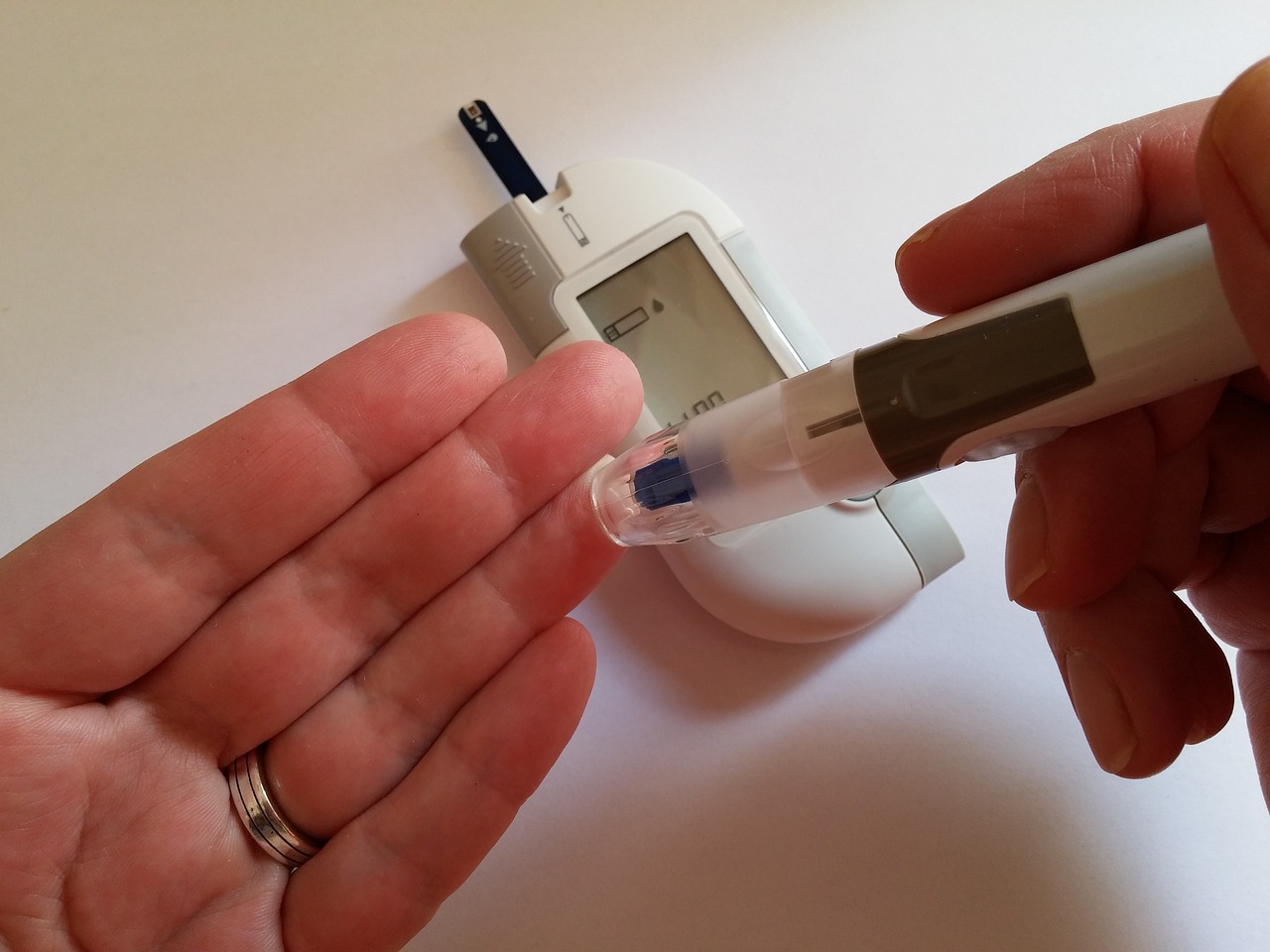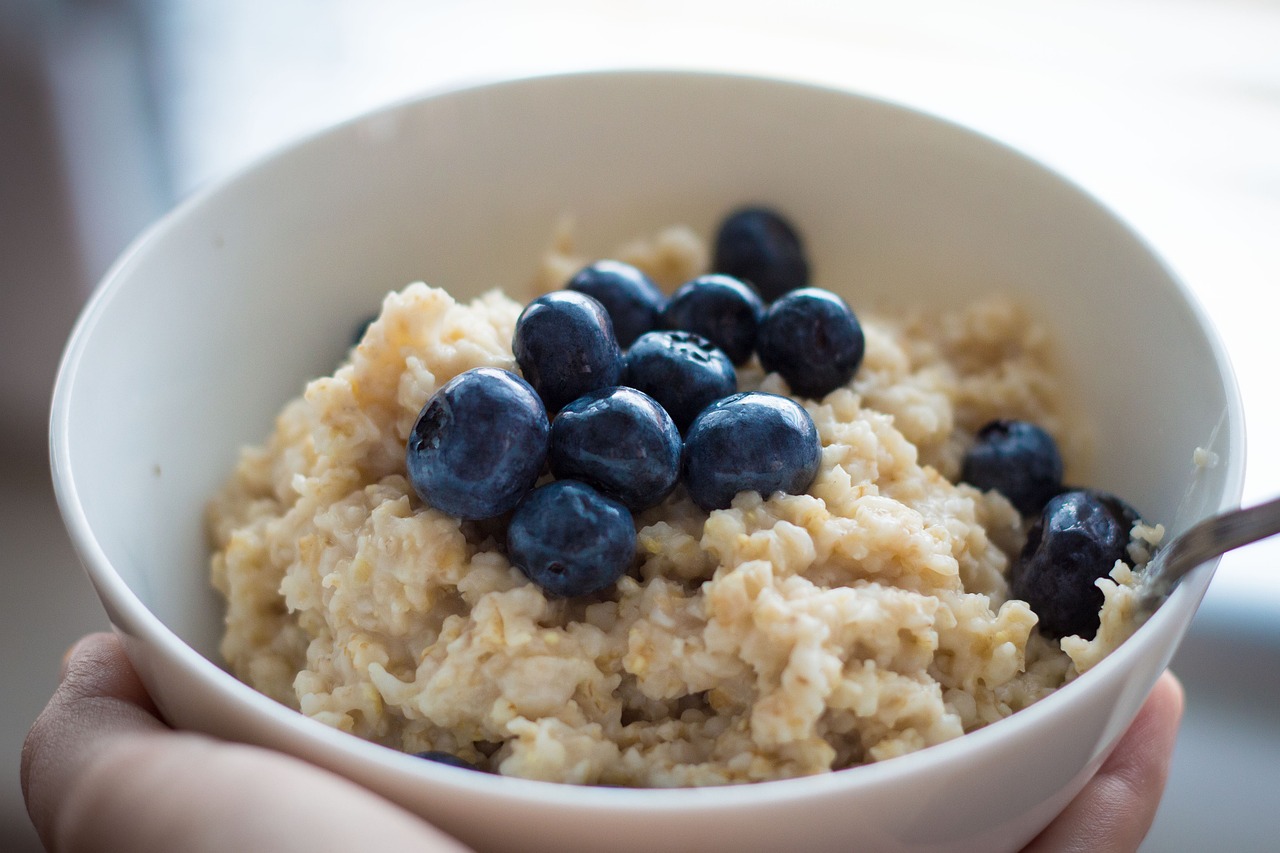Fiber: Fiber binds glucose, thus slowing its absorption and preventing a quick rise in blood glucose levels to control diabetes. It also helps to reduce blood cholesterol levels and avoid diabetes-related complications like heart disease. Diabetes Diet Sources: Whole cereals, fresh fruits and vegetables, sprouts.
Vitamin C: Vitamin C is a potent antioxidant that protects our body against damage from free radicals, thus reducing the risk of developing degenerative diseases and diabetes-related complications. It also improves the action of insulin and helps to lower blood glucose levels. A sign of severe vitamin C deficiency, common among diabetics, is a delay in wound healing. Diabetes Diet Sources: Citrus fruits like sweet lime, orange and pineapple and vegetables like lettuce, capsicum, cabbage, etc.
Potassium: Potassium improves insulin sensitivity and fosters optimum glucose utilization. A potassium-rich diet also reduces the risk of heart disease and atherosclerosis. Diabetes Diet Sources: Leafy vegetables like fenugreek, and spinach. Fruits like figs, bananas, citrus fruits and cereals like bajra, wheat, ragi, etc.
Magnesium: Magnesium plays a pivotal role in the secretion and function of insulin to control diabetes. Magnesium deficiency is common among diabetics and can lead to complications like heart disease, eye damage, high blood pressure, and obesity. Adequate magnesium intake improves the action of insulin, betters glucose tolerance and reduces the stickiness of red blood cell membranes. Diabetes Diet Sources: Milk, cereals, green vegetables, dry fruits, and soya beans.
Folic Acid: Folic Acid is required to produce red blood cells and helps convert homocysteine (a harmful amino acid that causes heart diseases) into methionine, which protects the heart and reduces the risk of developing heart disorders, a long-term complication of diabetes and controls diabetes. Diabetes Diet Sources: Green leafy vegetables like spinach, tomatoes, carrots, pulses, etc.
B-Complex: B-Complex vitamins deficiency of B vitamins can lead to nerve damage in the hands and feet leading to numbness and tingling. Vitamin B6 deficiency has been linked to glucose intolerance, which is an abnormally high rise in blood glucose levels after eating. People with Type I diabetes develop antibodies that attack and destroy the insulin-producing cells in the pancreas; Niacin (vitamin B3) seems to help protect such cells from attack and control diabetes. Diabetes Diet Sources: Egg, vegetables, milk, cereals, sprouts, etc.
Zinc: Zinc diabetics usually have low zinc levels since it is lost in urine and hence it is advisable to eat zinc-rich foods necessary for maintaining the insulin-producing cells. Diabetes Diet Sources: Cereals, dry fruits, pulses, and legumes, etc.
Iron: Iron does not have a direct relation with diabetes, but plays an important role in the production of red blood cells and maintaining normal blood flow to control diabetes. This avoids the accumulation of glucose in one part of the body, which would otherwise lead to complications like cataracts and kidney disorders. Maintaining normal blood circulation also ensures the availability of nutrients and oxygen to each part of the body, especially the heart. Diabetes Diet Sources: Soya beans, leafy vegetables like spinach, colocasia, and fenugreek, and wheat cereals.




